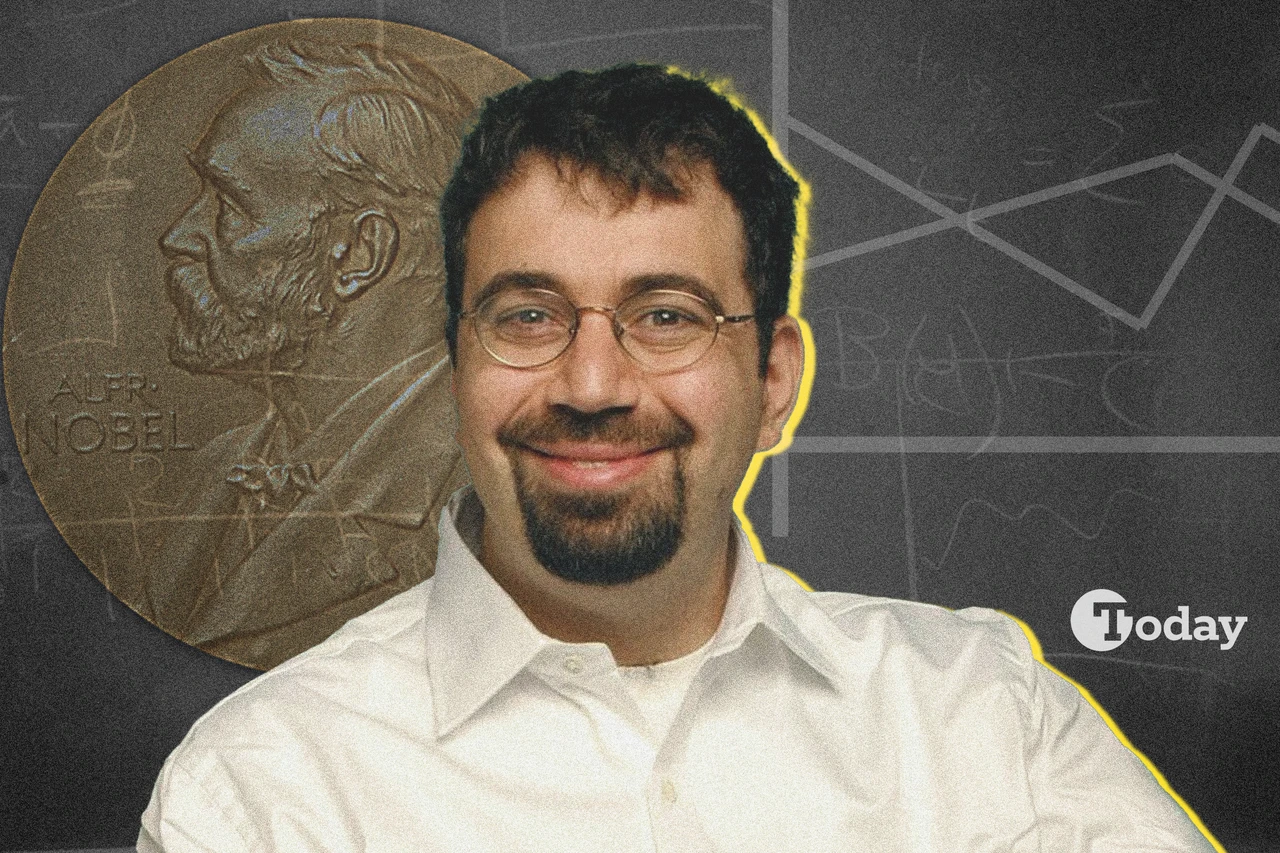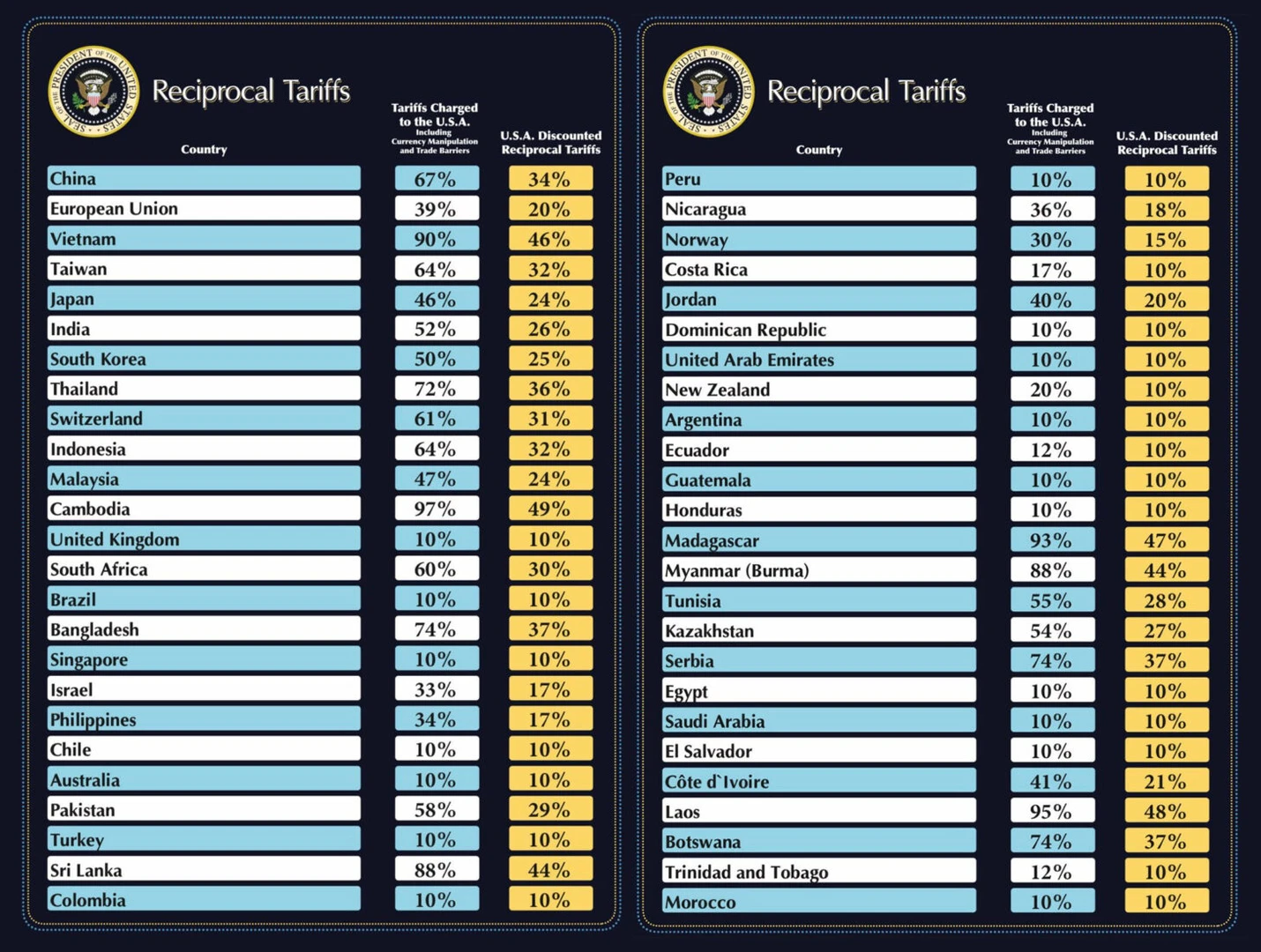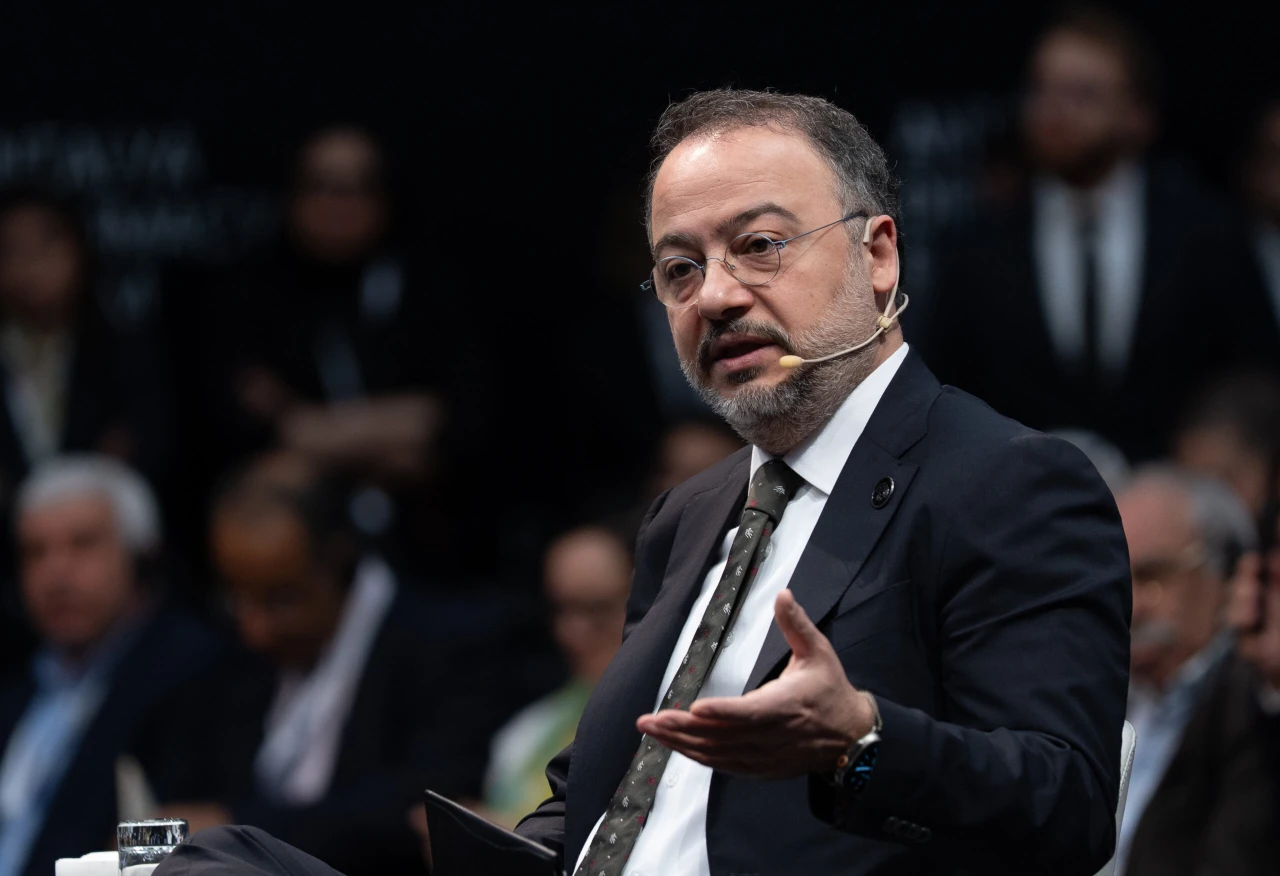‘Medicine’ could become poison, warns Nobel laureate Acemoglu on Trump tariffs
 America-Turkish economist Daron Acemoglu’s career of excellence culminates in the Nobel Prize for economics, October 14, 2024. (Illustration by Mehmet Akbas/Türkiye Today)
America-Turkish economist Daron Acemoglu’s career of excellence culminates in the Nobel Prize for economics, October 14, 2024. (Illustration by Mehmet Akbas/Türkiye Today)
The tariffs introduced by President Trump, which he described as “medicine” to heal the economy, could damage the reputation of U.S. equities and further deepen the deficit, warned Nobel laureate and MIT professor, Turkish economist Daron Acemoglu.
On Sunday, U.S. President Donald Trump referred to the reciprocal tariffs imposed on 185 countries by April 3—ranging from 10% to 50%—as “medicine” aimed at reducing trade deficits and reviving the U.S. economy. “I don’t want anything to go down, but sometimes you have to take medicine to fix something,” he said.

In a post on X on Tuesday, Acemoglu opened with the question, “Could this moment be a prelude to Trump’s Pyrrhic victory on the U.S. current deficit,” expressing concern that while the tariffs may offer a temporary reduction in the deficit, they risk inflicting long-term harm by eroding investor confidence, weakening U.S. institutions, and making American assets less attractive.
He implied that these consequences could ultimately lead to even greater economic costs.
Acemoglu explained that a country’s current account deficit is, by definition, equal to the surplus in its financial account—meaning it must be financed by capital inflows such as foreign investment or borrowing.
‘Tariffs make American assets seem less safe’
According to Acemoglu, the United States runs a current account deficit partly because its assets—such as Treasury bonds and private sector debt securities—are attractive to foreign investors, largely due to their safety and liquidity.
“Trump’s tariffs, attacks on allies and NATO, and policies shaking the core of U.S. institutions will make U.S. assets less safe, more uncertain and less attractive,” Acemoglu said, warning that this shift could reduce foreign demand for U.S. securities and ultimately worsen the country’s ability to finance its current account deficit.
“When that happens, the U.S. financial account will start worsening and the current account will have to improve,” Acemoglu added.



